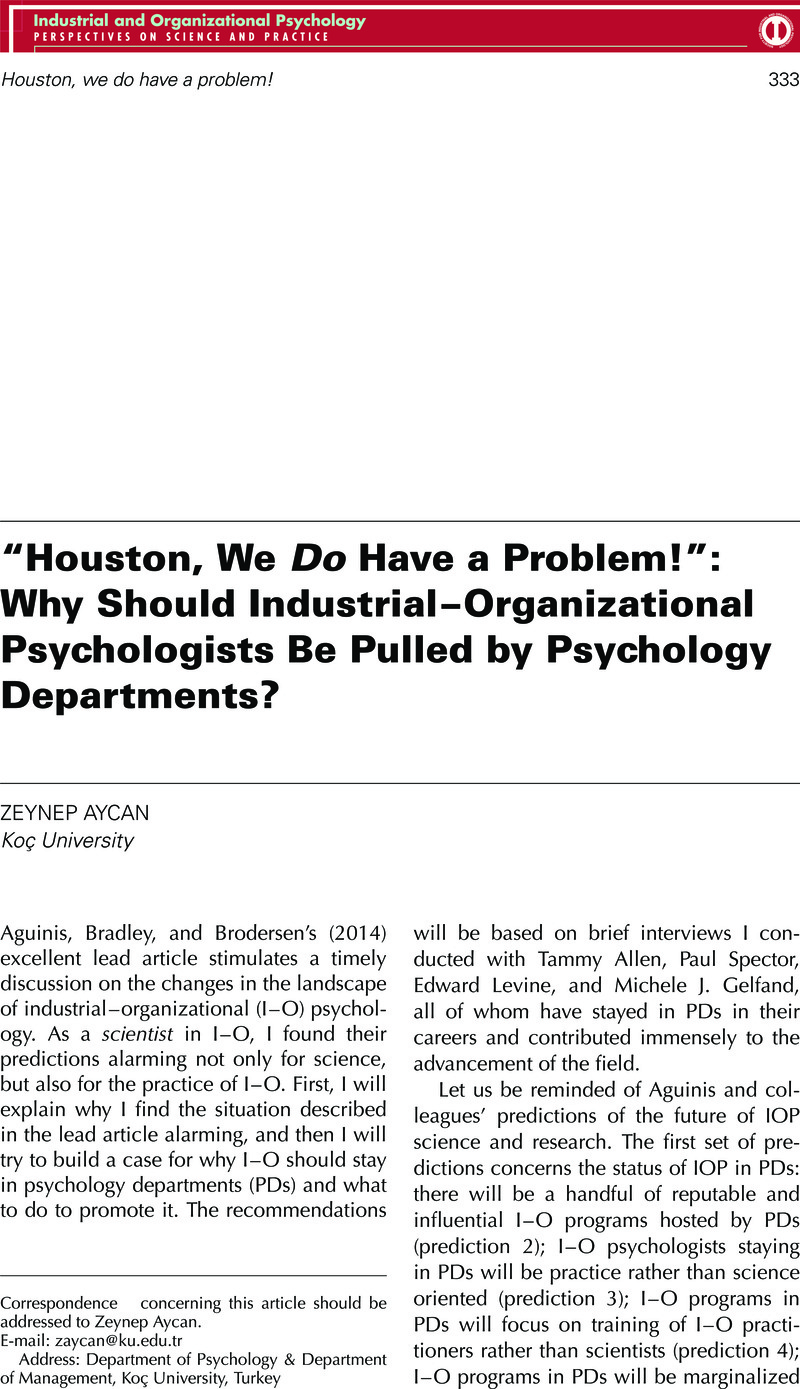Crossref Citations
This article has been cited by the following publications. This list is generated based on data provided by Crossref.
Aguinis, Herman
Ramani, Ravi S.
Campbell, P. Knight
Bernal-Turnes, Paloma
Drewry, Josiah M.
and
Edgerton, Brett T.
2017.
Most Frequently Cited Sources, Articles, and Authors in Industrial-Organizational Psychology Textbooks: Implications for the Science–Practice Divide, Scholarly Impact, and the Future of the Field.
Industrial and Organizational Psychology,
Vol. 10,
Issue. 4,
p.
507.



